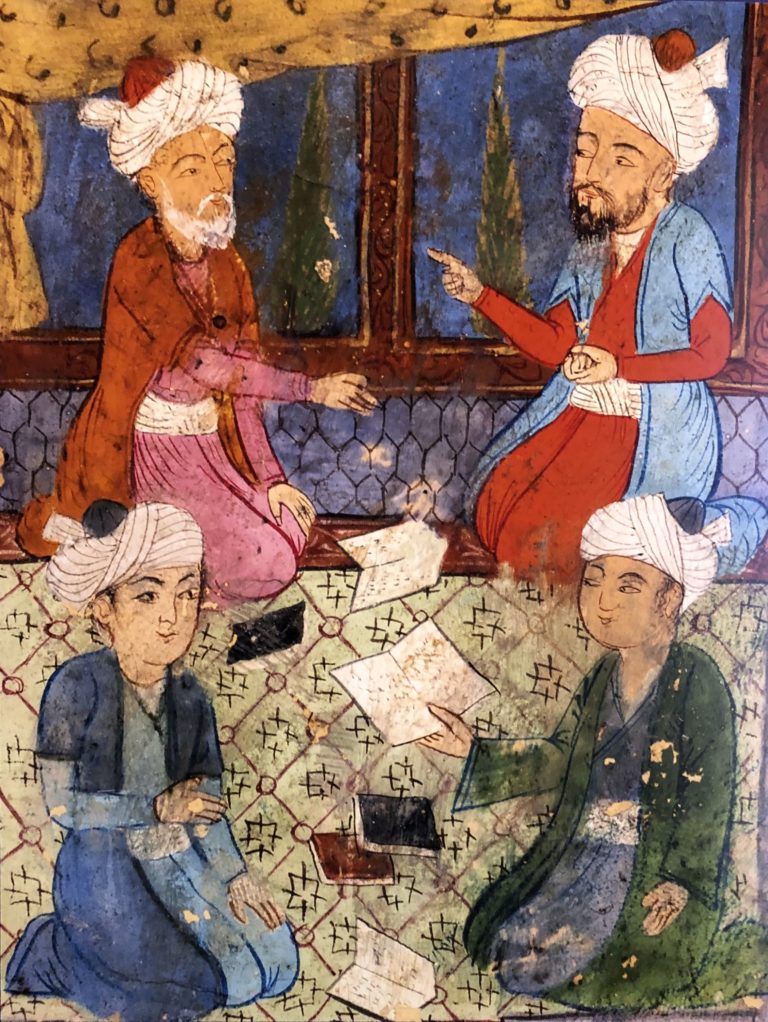Conference by Arezou Azad, Senior Research Fellow at the Faculty of Asian and Middle Eastern Studies, University of Oxford, and Director of the Invisible East programme, at 6 PM in the auditorium of Musée Cernuschi.
The history of the first five hundred years of Islamic rule in the eastern Islamicate lands (in what is today Iran, Afghanistan, and Central Asia) from the 8th century Arab conquests to the 13th century Mongol takeover has typically been told through the eyes of court historians and religious scholars. Many of the authors of these texts were based in large urban centres, and in faraway places like Syria and Egypt. As important as these narratives are for the history of empires and of religious institutions, they tell us little about the private or public lives of ordinary people: cobblers, shopkeepers, lower and middle-rank officials, non-royal women, slaves, tax collectors, and so on.
The focus of the Invisible East programme at the University of Oxford on documents—contracts, administrative documents, private letters, etc.—is putting the spotlight on ordinary people. This talk will present some of the exciting findings of the programme on the socio-economics of rural life, in particular, based on the fascinating “Bamiyan Papers.” The paper will elaborate on what the potential study of the Invisible East digital corpus, as a whole and through cross-references with narrative sources, could offer the fields of Iranian studies, Islamic history, Afghan Studies, linguistics, and document studies.

